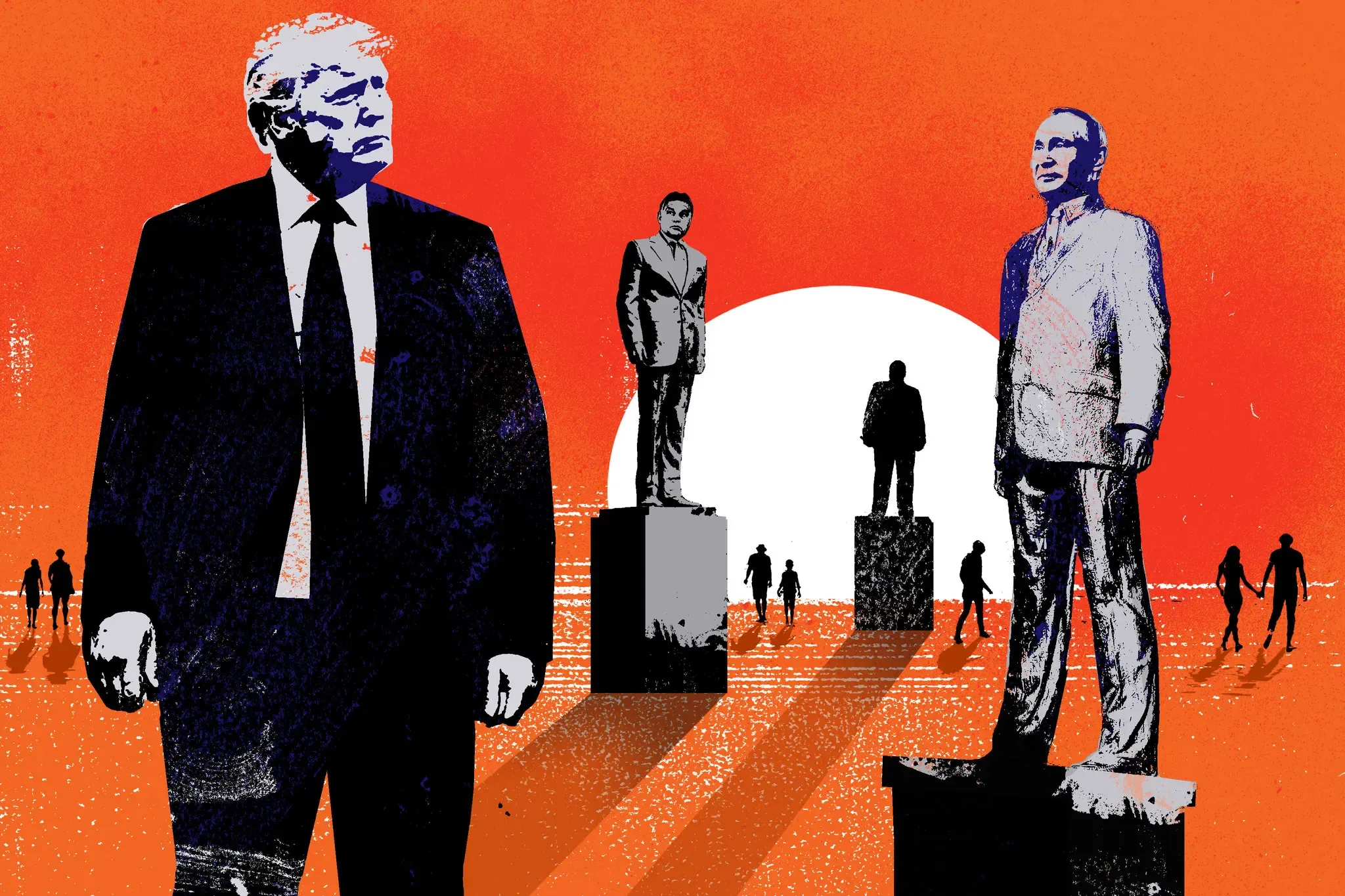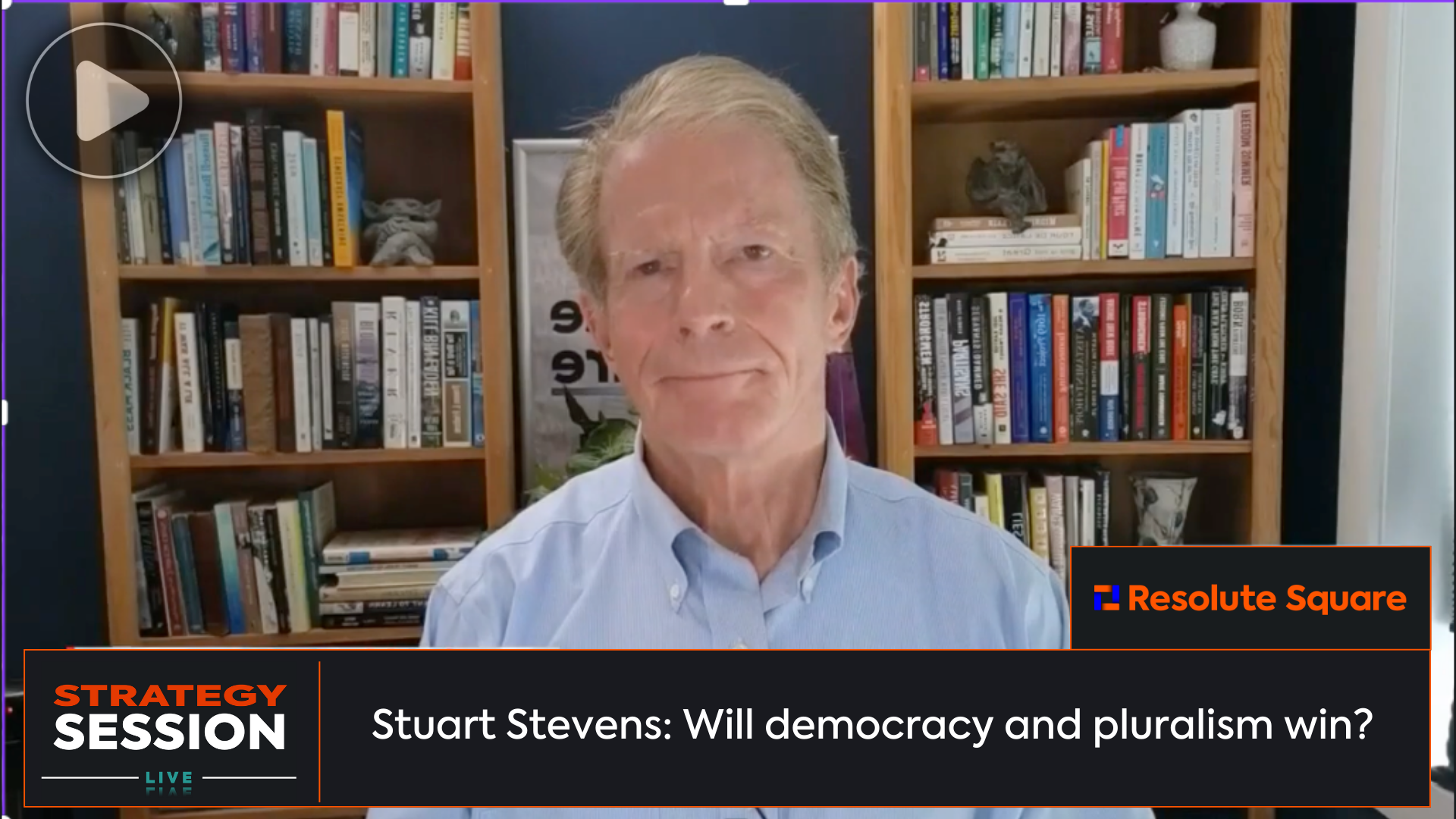Published with the generous permission of Ruth Ben-Ghiat. Read all of her outstanding writing in her Lucid newsletter.
By Ruth Ben-Ghiat
Most politicians under investigation or indictment would think twice before running for office. Strongmen leaders are not most politicians. Propelled by a desire for self-preservation, and unencumbered by any moral code or respect for the rule of law, they become more, not less, focused on getting into office so they can make their legal nightmares go away.
Israeli Prime Minister Benjamin Netanyahu won the autocrat's lottery by returning to office in Dec. 2022 while facing charges of bribery, fraud, and breach of trust and an ongoing corruption trial. He announced his intention to get Israel's parliament to pass a law that retroactively eliminates the authority of the Supreme Court to strike down executive actions that it regards as “unreasonable.” This happened on July 24. Since the Supreme Court acts as the only check on executive and legislative powers, the law aims to remove judicial independence, a bedrock principle of democracy.
As the case of Netanyahu suggests, this playbook can backfire. Elites may start to take their distance from the leader, and people from many walks of life may take to the streets to resist or refuse state service.
The enormous protests in major Israeli cities against this autocratic aggression, which are now in their 30th week, have found support from sectors that rarely link arms publicly with grassroots activists: the tech industry (CEOs of 150 companies gave their employees days off to protest); the military, including National Unity party leader Benny Gantz, a former head of the Israeli Defense Forces; and the Mossad, which allows rank-and-file employees to participate in demonstrations.
All of this gave many Israelis hope that Netanyahu would give in or compromise. But that's not how strongmen operate. Rising resistance, especially when it comes from unexpected sources, is experienced as a betrayal that merely hardens their will to prevail.
So, what should the pro-democracy movement do? Maria J. Stephan, an expert on civil resistance, counsels more outreach to religious authorities, inhabitants outside large cities, and elites; more training in nonviolent protest methods; and more reliance on labor actions. In March, Israel's largest labor organization, Histradut, shut down Ben-Gurion airport, and Netanyahu temporarily stood down.
As Stephan notes, the protests have not addressed the occupation of the West Bank and the repression of Palestinians. The contradiction between democratic rights and the rule of law and the country's policies towards Palestinians will become more difficult for Israelis to ignore if things deteriorate.
Netanyahu's coalition is composed of ultranationalist and ultra-religious forces who desire a Jewish ethnostate and annexation of the West Bank, which the Supreme Court has obstructed in the past. The judicial reform is their path to victory in this and other areas.
In September the Supreme Court will start to hear petitions to overturn the law. If the law is struck down and Netanyahu imposes his will over the judiciary, a constitutional crisis will come into being. David Barnea, the director of Mossad, has told his staff that in that event he'll be "on the right side of history." When security sector elites question their allegiance to the government, autocrats can be in trouble.
Yet Barnea, like many security and economic elites, likely wants a return to the status quo —to the Netanyahu they could live with. That Netanyahu is gone. When strongmen leaders shake up the political landscape, normalizing extremists and modeling scorn for the rule of law, there is no return to the status quo.
Rather, radicalization increases and lawless and violent people are elevated to positions of extreme power. As Itamar Ben-Gvir, Netanyahu’s National Security Minister and a criminal convicted of supporting terrorism, declared just after the new law passed, "this is just the beginning."









